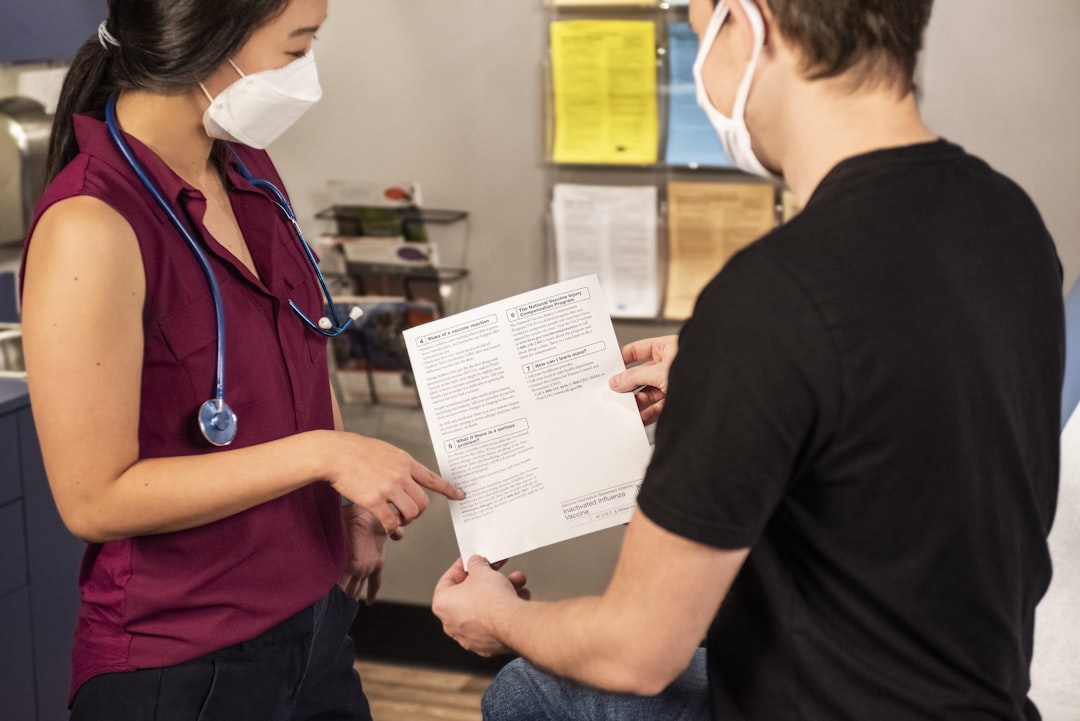In today’s fast-paced retail environment, efficient delivery management is crucial for success.
As online shopping becomes more popular and customers expect quick and dependable delivery, retailers need to optimize their delivery procedures to remain competitive.
This article discusses why managing retail deliveries is crucial and how retailers can make their delivery processes more efficient.
Why Is Retail Delivery Management Important?
Retail delivery management is the handling of product delivery from a retailer to the customer.
This includes everything from order fulfillment to tracking and delivery.
Efficient retail delivery management is essential for several reasons:
Meeting Customer Expectations

In today’s digital age, customers expect fast and reliable delivery.
Online retailers like Amazon have accustomed customers to receiving their orders quickly, often within a few days or even on the same day.
Retailers who cannot meet these expectations may lose customers to competitors who can offer quicker and more effective delivery.
Reducing Costs
Inefficient delivery processes can result in higher costs for retailers. This can include expenses such as missed delivery windows, incorrect orders, and returns.
By streamlining delivery management, retailers can reduce these costs and improve their bottom line.
Improving Customer Satisfaction
Efficient delivery management not only meets customer expectations but also improves overall customer satisfaction. Customers who receive their orders on time and in good condition are more likely to become repeat customers and recommend the retailer to others.
How Can Retailers Optimize Their Delivery Processes?
To streamline retail delivery management, retailers can implement the following strategies:
Utilize Technology

Technology plays a crucial role in optimizing delivery processes. Retailers can use delivery management software to track orders, manage inventory, and automate tasks such as labeling, inventory management, and GPS tracking.
Additionally, retailers can use route optimization software to plan the most efficient delivery routes, reducing delivery times and costs.
Collaborate with Suppliers
Collaborating with suppliers can help retailers improve their delivery processes.
Retailers can work closely with suppliers to make sure they always have enough inventory to fill orders fast and smoothly.
Suppliers can also provide valuable insights and data on their delivery processes, allowing retailers to identify areas for improvement.
Implement a Warehouse Management System
A warehouse management system (WMS) can help retailers manage their inventory and fulfillment processes more efficiently. With a WMS, retailers can track inventory levels, automate picking and packing processes, and manage returns.
A WMS can also integrate with other systems, such as delivery management software, to provide a seamless and streamlined delivery process.
Utilize Third-Party Logistics (3PL) Providers

Outsourcing delivery to a third-party logistics (3PL) provider can help retailers streamline their delivery processes. 3PL providers have the expertise and resources to handle all aspects of delivery, from warehousing to transportation.
By partnering with a 3PL provider, retailers can focus on their core business while leaving the delivery process in the hands of experts.
Implement a Click-and-Collect System
Click-and-collect, also known as buy online, pick up in-store (BOPIS), is a popular delivery option for customers. By implementing a click-and-collect system, retailers can offer customers the convenience of online shopping while reducing delivery times and costs.
Customers can place their orders online and pick them up at a designated location, such as a store or locker. This not only streamlines the delivery process but also drives foot traffic to physical stores.
Real-World Examples of Streamlined Retail Delivery Management
Let’s take a look at two real-world examples of retailers who have successfully streamlined their delivery processes.
Walmart

Walmart has implemented several strategies to optimize its delivery processes. The retail giant offers same-day delivery for online orders, allowing customers to receive their orders within hours.
Walmart also utilizes a click-and-collect system, allowing customers to pick up their orders at a designated location. This has not only streamlined the delivery process but also increased foot traffic to physical stores.
Furthermore, Walmart has teamed up with external companies to handle the delivery processes for them. This helps Walmart to concentrate on their main business.
Zara

Zara, a popular fashion retailer, has implemented a click-and-collect system to streamline its delivery processes. Customers can place their orders online and pick them up at a designated store location, reducing delivery times and costs.
WebJoint also utilizes technology to optimize its delivery processes. The retailer uses easy-to-use technology to track inventory levels and automate picking and packing processes, improving efficiency and reducing errors.
Who Is Responsible for Retail Delivery Management?

Retail delivery management is a collaborative effort between various departments within a retail organization. This can include the supply chain team, warehouse team, and delivery team.
However, it is essential to have a designated team or individual responsible for overseeing and optimizing the delivery process. This can include tasks such as tracking delivery metrics, identifying areas for improvement, and implementing new strategies and technologies.
Takeaways
Efficient retail delivery management is crucial for meeting customer expectations, reducing costs, and improving customer satisfaction. By utilizing technology, collaborating with suppliers, and implementing streamlined processes, retailers can optimize their delivery processes and stay competitive in today’s fast-paced retail environment.
With the rise of e-commerce and the increasing demand for fast and reliable delivery, retailers must prioritize streamlining their delivery processes to stay ahead of the competition. By implementing best practices and utilizing the right tools and strategies, retailers can achieve maximum efficiency in their delivery management.